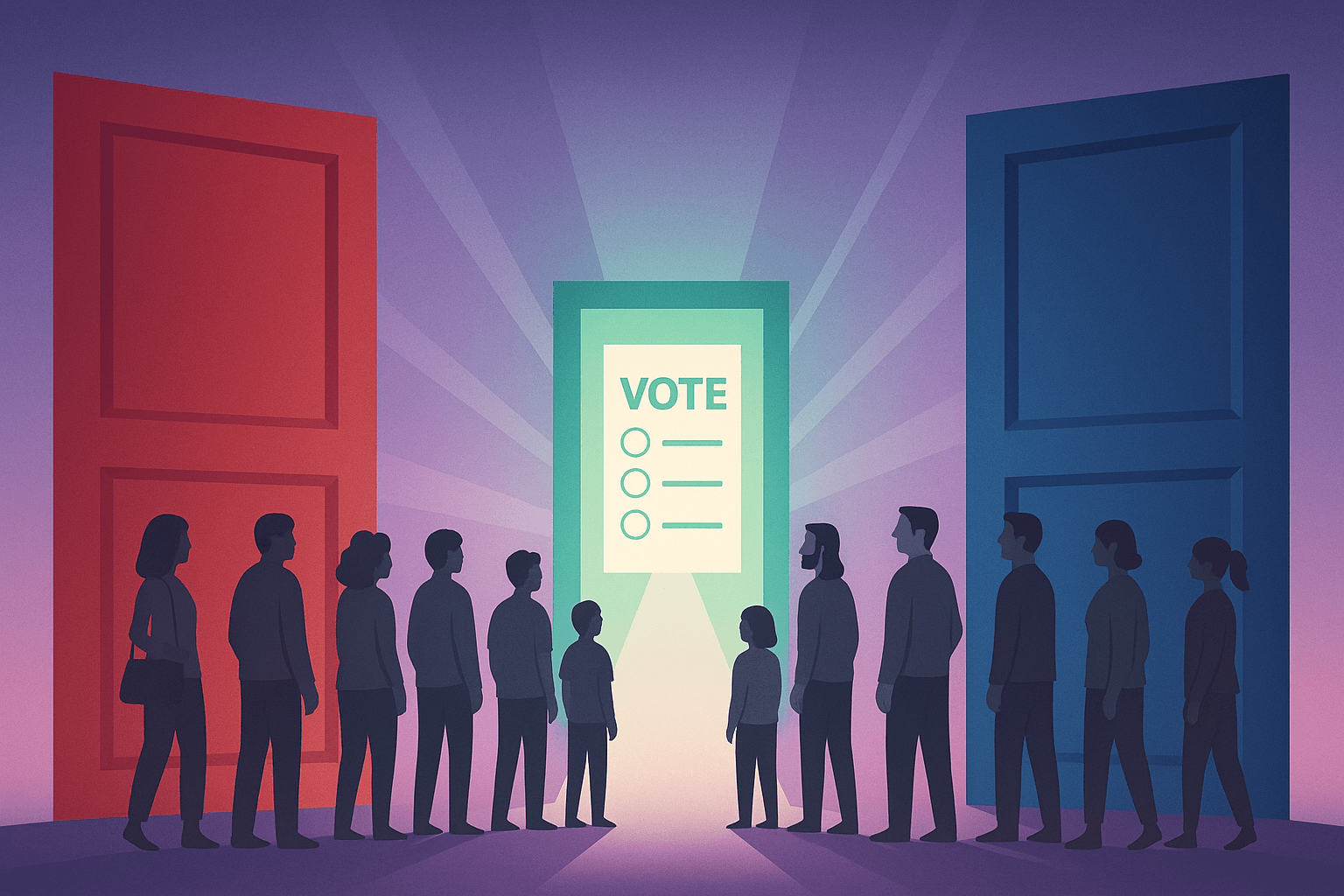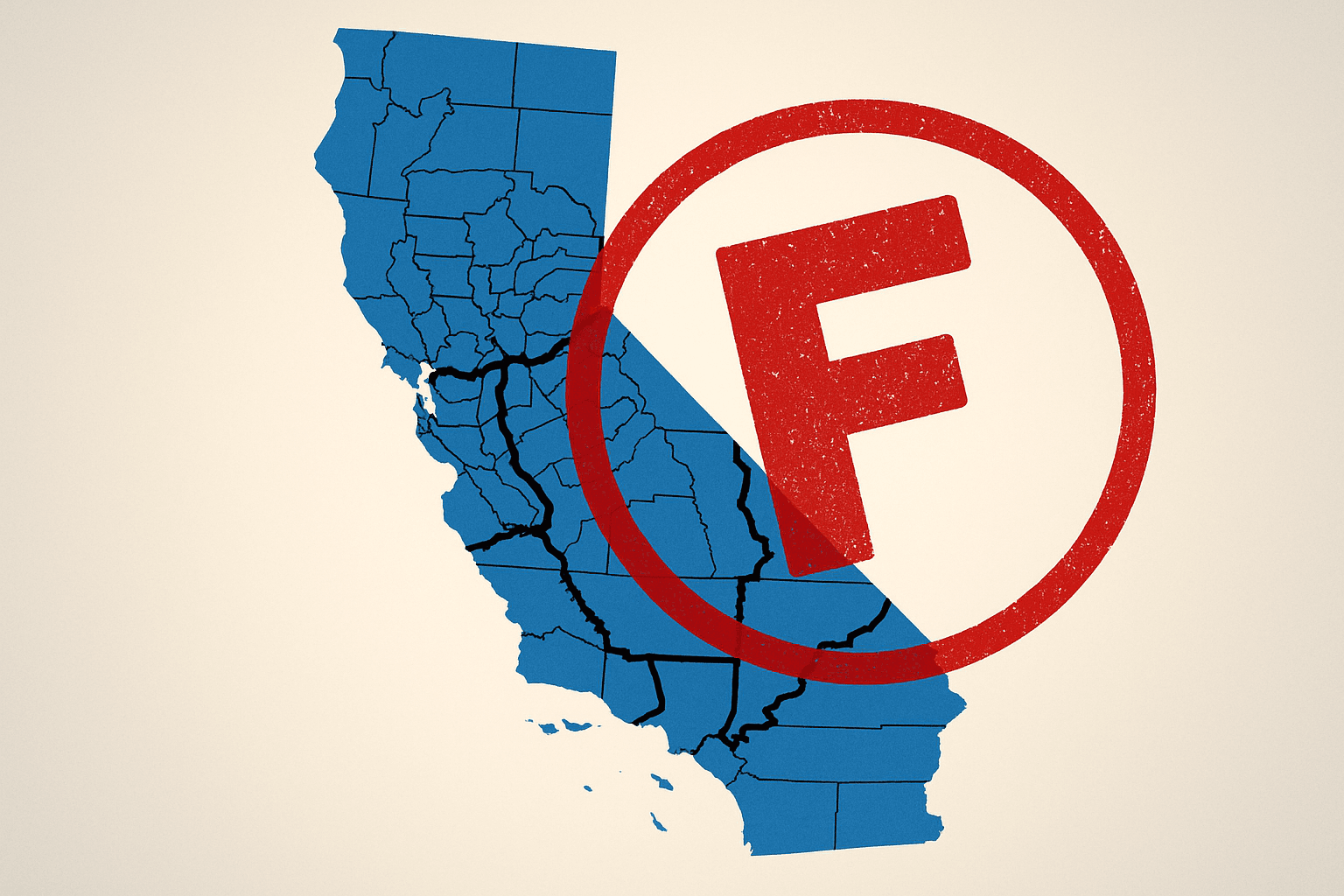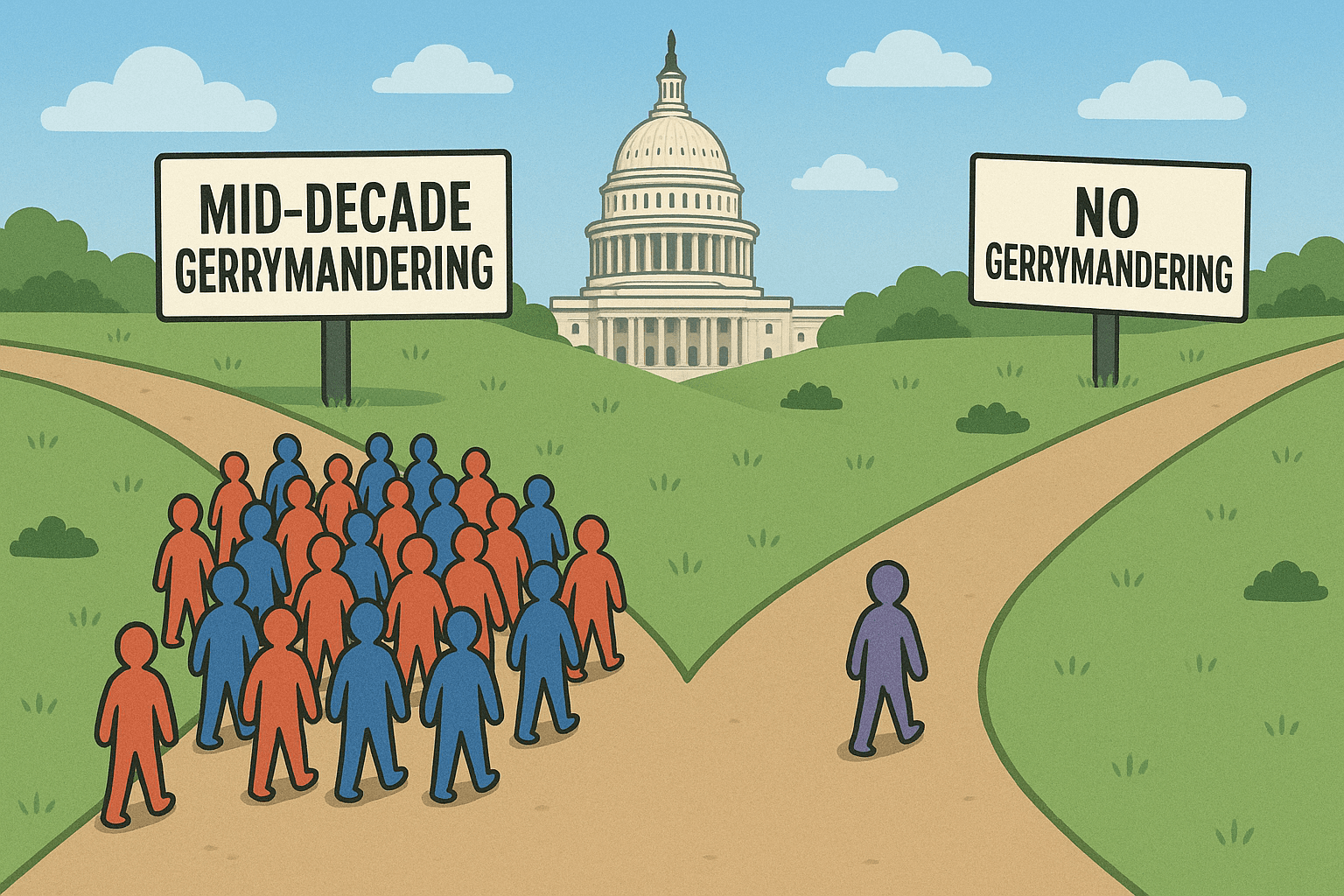Canada’s National Debate over Internet Voting: Part 2


MarkhamMarkham, Ontario, which is just a short drive from Detroit, Michigan, is a model of Internet voting success. In 2003, Markham became the first city in Canada to offer an online voting option to its voters. Voters and officials alike were so pleased with the trial, that Internet voting has been offered there ever since. While turnout overall was quite similar in 2003 compared with figures from 2000 (about 28 percent), 2006 early voting turnout, in which Internet voting was used, increased by nearly 300%!
According to a 2010 study of Markham voters who voted online in that year, conducted by political scientist Nicole Goodman, 99% of online voters reported being satisfied with the new technology. The same percent also said they would be likely to vote online in future municipal elections, and that they would be likely to vote online in a provincial and federal election if it were available. Of the 17,231 Markham voters who registered to vote electronically, 10,597 - nearly 2/3 - used the Internet to cast their ballots. Slightly more than a third of young people aged 18 to 24 said they either probably wouldn’t or definitely wouldn’t have voted had Internet voting not been an option; and nearly 40% of them said they felt “encouraged” to vote because of the new technology.
The Peterborough ExperienceCity officials in Peterborough, Ontario, were so impressed by the success of Internet voting in Markham that they tried it in 2006. Satisfaction was so high that they did it again in 2010. Like Markham, Peterborough chose to use remote Internet voting for a five-day early voting period.
The City reported after the vote that they put “tremendous security methods in place and felt very comfortable the system was secure,” and that no security issues or risks required attention.
Surprisingly, in the very first election with online voting, the largest group of users was baby boomers. Specifically, 70 percent of online voters were 45 and older, and the highest rate of use was among voters aged 55 to 64.
This is particularly interesting because Peterborough has the second largest senior population in Canada. Clearly, remote Internet voting is not just a feature that attracts young Canadians.
Halifax, Nova ScotiaHalifax, not far from the US state of Maine, first introduced remote Internet voting in its municipal and school board elections in 2008. The trial included a potential 276,000 voters and was contracted to a locally established company, Intelivote, who had previously run elections for eight small Ontario townships in 2006. Among its innovations, Intelivote created a “decline to vote” button which was presented along with the candidate names so that electors could exercise this right. The company also hired “white hat” hackers to try and penetrate the system; but the security was sound. Early voting turnout doubled. This option continues to be offered.
In the Next Segment: The Drum Beat Grows Louder for Internet Voting in Canada



